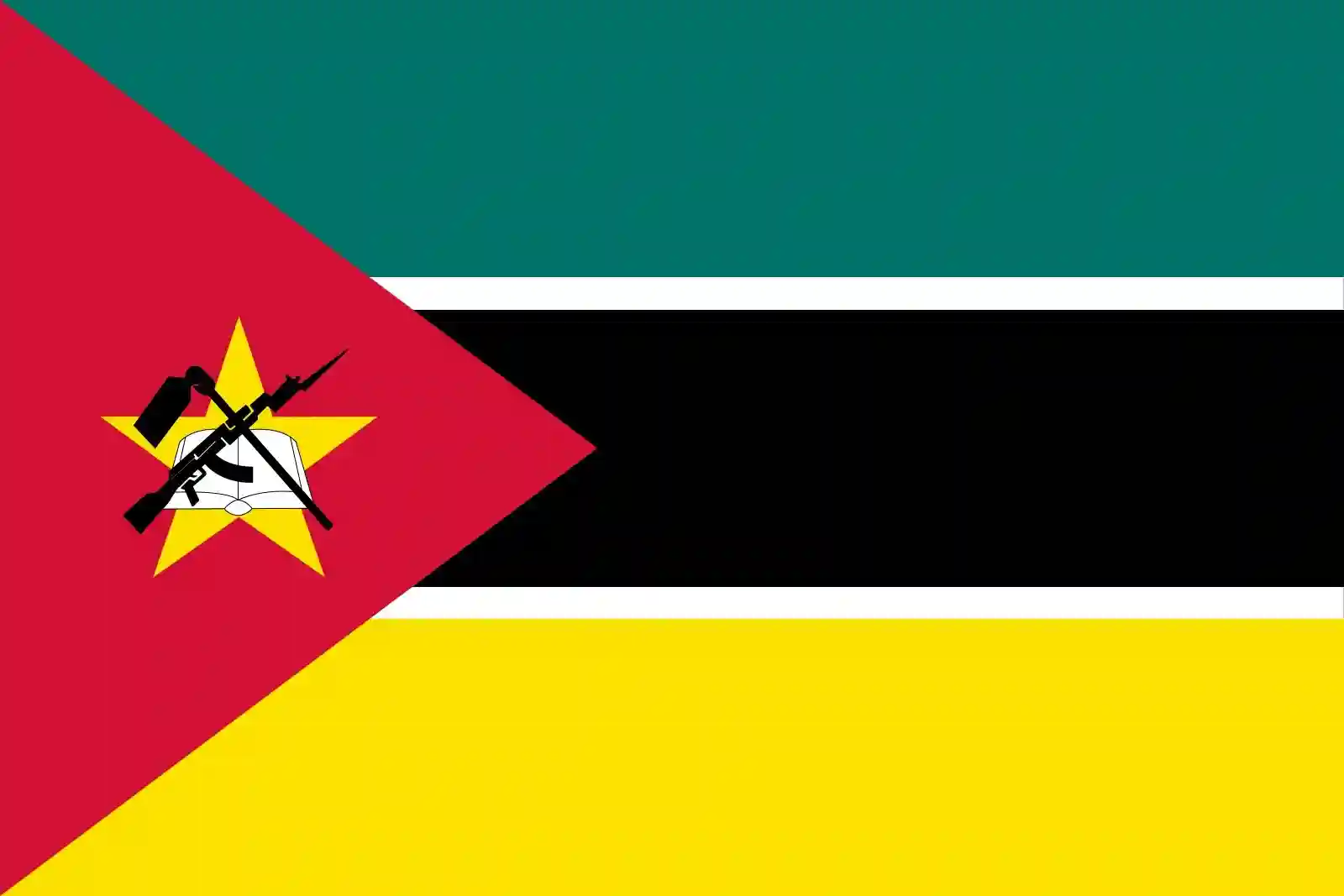Mozambicans are voting for a new president in an election this Wednesday that could extend the ruling party’s 49 years in power since the southern African nation gained independence from Portugal in 1975.
Approximately 17 million of Mozambique’s 32 million population are eligible to participate in the elections, which will include parliamentary and provincial votes across 11 provinces.
Current President Filipe Nyusi, 65, of the governing Mozambique Liberation Front (Frelimo) party, will step down after eight years in office.
He may be the last of Frelimo’s founders who fought in the liberation war, a conflict that resulted in significant loss of life.
Many young Mozambicans are expressing frustration with the existing system, seeking more job opportunities and security amid high poverty levels and ongoing armed conflict in the north.
Four candidates have been approved for the presidency: Daniel Chapo (47), Ossufo Momade (63), Venancio Mondlane (50), and Lutero Simango (64).
Chapo is viewed as a favourite to win the elections due to the advantages of Frelimo’s incumbency. Although he only entered politics in 2011, he quickly became Frelimo’s president in May 2024 after serving as a provincial governor in Inhambane. Chapo claims his experience gives him an edge over competitors.
During the official six-week campaign, which ended on Sunday, he distanced himself from Frelimo’s corruption issues and promised to restore peace in Cabo Delgado, a region affected by armed conflict.
He also travelled to South Africa to engage with the significant number of Mozambicans living there who can vote abroad and met with leaders of the African National Congress (ANC), viewing them as historical allies.
However, many voters, particularly the youth, struggle to dissociate Chapo from the corruption and decay associated with Frelimo’s nearly 50 years in power.
In some areas, Frelimo members face hostility during campaigns, and while the party is expected to win, there are concerns about electoral fraud, with opposition parties alleging the presence of “ghost” voters on the electoral roll.
Momade is the leader of the opposition Mozambican National Resistance (Renamo), which holds only 60 of the 250 parliamentary seats and a few of the 65 municipalities.
Unlike Daniel Chapo, Momade is part of the old guard, having fought in the Mozambican civil war (1977-1992) against Frelimo and later transitioning Renamo into a political party.
Despite his age, Momade remains popular among Renamo supporters, particularly in the northern Nampula region, where he is recognized for signing peace accords that ended the Renamo rebellion in 2019.
He ran for the presidency in the 2019 elections but received only 21% of the vote, compared to President Nyusi’s 73%.
Momade contested the election results, claiming they were fraudulent, a view echoed by European Union observers.
Renamo officials criticized the municipal elections in October 2023, where Frelimo won nearly all locations.
Mondlane, nicknamed VM7, has gained a strong following among young Mozambicans, who make up two-thirds of the population.
A former deputy in the Mozambican House of Assembly, he ran unsuccessfully for mayor of Maputo in 2023 but left Renamo when Ossufo Momade did not step down.
Now running as an independent, Mondlane is supported by the Democratic Alliance Coalition (CAD), a group of nine political parties.
Many young voters express on social media that only Mondlane can bring about meaningful change.
However, the enthusiasm surrounding him raises concerns among analysts about potential post-electoral violence, which has been common in Mozambique.
Like his competitors, Mondlane has pledged to end violence in Cabo Delgado, create jobs, and improve the healthcare system.
Simango leads Mozambique’s third-largest party, the Democratic Movement of Mozambique (MDM).
His election promises focused on creating jobs for young people by establishing factories to process natural resources, such as timber, within the country rather than exporting them.
Vote counting will begin immediately after the polls close on Wednesday, with partial results announced as they are compiled.
The National Election Commission is set to release official tallies within 15 days. Following this, contesting parties may file objections with the Constitutional Council, which will evaluate their validity.
More: Pindula News

